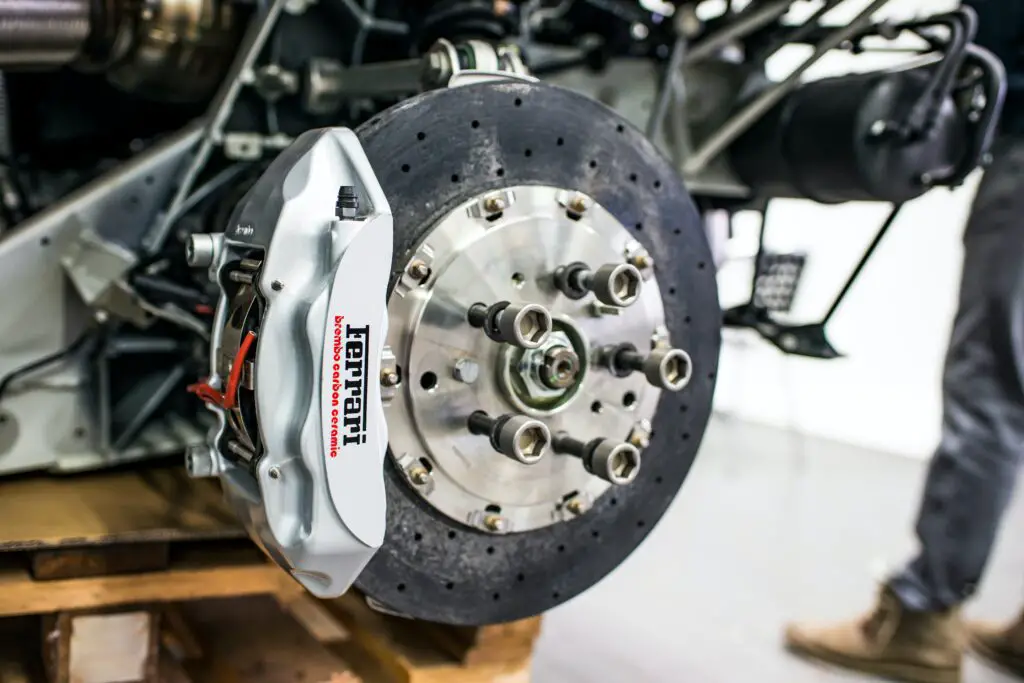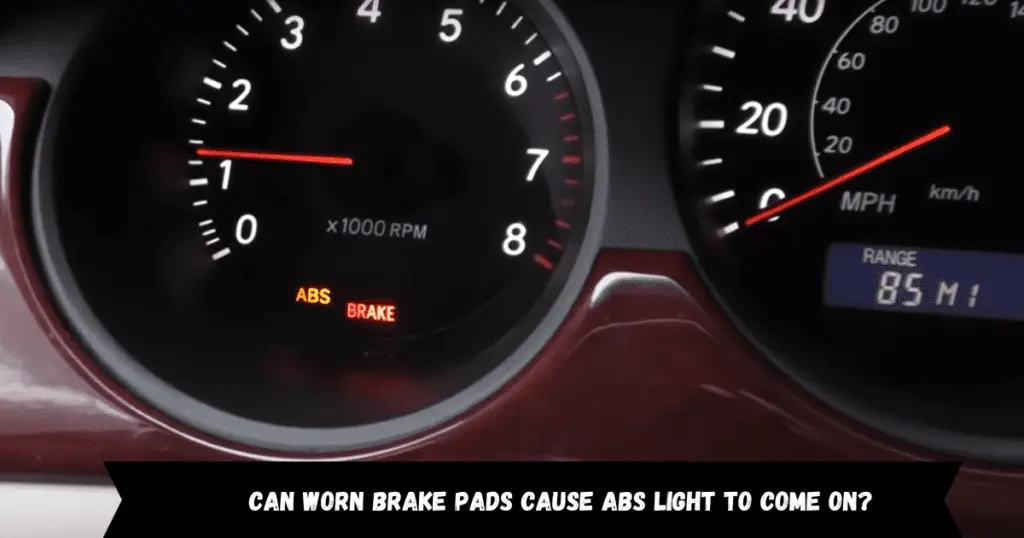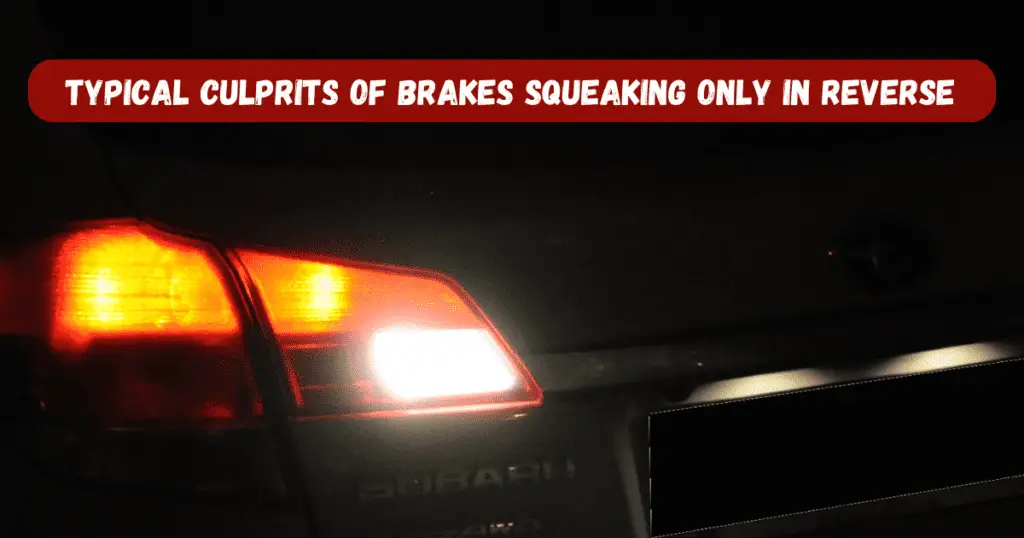A broken parking brake cable can be an annoying and potentially dangerous issue. But is it still safe to drive your car when this component fails?
When your parking brake lever suddenly lacks tension or the cable snaps entirely, you might worry you can’t safely operate the vehicle anymore. However, while irritating, a damaged parking brake cable doesn’t make a car undrivable.
You can still accelerate, steer, and brake a car as normal without operational parking brake cables. However, parking requires extra precautions, and you will need to get the cables replaced promptly. Let’s explore what causes parking brake cables to fail and how to temporarily manage driving a car with broken cables.
What Causes Parking Brake Cables To Break?
Parking brake cables commonly break for a few key reasons:
Age And Wear
The cables that operate your parking brake are continuously under tension and exposed to moisture and road contaminants. Over decades of use, the cables eventually wear out and corrode until they can no longer tolerate the forces involved in engaging the parking brake. Age and wear are the most common reasons parking brake cables fail.
Over-Stretching
Parking brake cables are designed to stretch a small, controlled amount when engaged. This stretch is what provides the tension to activate the brake shoes or calipers.
However, a parking brake cable that becomes over-stretched due to improper adjustment or excessive use can become permanently elongated. An over-stretched cable often breaks sooner than it should.
Extreme Temperatures
Parking brake cables must withstand temperature extremes from cold winter mornings to blazing hot summer afternoons. Over many years, extreme heat and cold temperatures combined with moisture can lead to cable corrosion and fatigue.
Physical Damage
Parking brake cables hang vulnerably underneath the car. Debris kicked up while driving or an impact from a road hazard can physically sever a parking brake cable. Cables can also become damaged from improper removal and reinstallation during brake service.
Manufacturer Defect
In rare cases, a defective parking brake cable slips through quality control at the factory. Defective cables can fail prematurely.
Now that you know what causes parking brake cables to fail, let’s discuss whether you can still drive the car safely.
Can You Drive With A Broken Parking Brake Cable?
Yes, it is safe to drive a car with broken parking brake cables temporarily.
The parking or emergency brake system is entirely separate from the hydraulic brake system used when your foot presses the brake pedal.
So when the parking brake cable fails, it does not affect the regular brakes’ operation. You’ll find the car drives, turns, accelerates, and stops normally, minus the parking brake.
However, while safe temporarily, you should not drive long-term without repairing broken parking brake cables. Here are a few reasons why:
- Parking requires extra precautions without the parking brake.
- You lose the emergency brake should the regular brakes fail.
- Driving with broken cables could further damage the parking brake system.
But you needn’t have the car towed immediately. You can safely drive short distances to the repair shop or home if you take precautions when parking.
How To Drive And Park With A Broken Parking Brake
When parking brake cables break, your parking brake lever will lack tension or hang limply in the released position. If the cable snaps violently, you might hear a loud “twang” or clanging noise.
Either way, the parking brake will fail to engage when you pull the lever. But by taking a few precautions, you can safely operate the car temporarily until the cables get replaced:
Driving
- Avoid using the parking brake pedal at stops. Use the foot brake pedal only.
- Drive carefully and defensively. Don’t rely on the parking brake in an emergency stop.
- Avoid towing trailers or other heavy loads.
Parking
- Park on flat, level ground whenever possible.
- For manual transmissions, leave the car in gear when parked as an extra precaution against rolling.
- Use wheel chocks on at least one wheel to help hold the car in place.
- For automatic transmissions, be sure to shift into Park.
- If parking on an incline, turn the wheels so they contact the curb if the car rolls.
Again, you should only drive with broken parking brake cables briefly until you can have them repaired for safe long-term operation.
Signs Your Parking Brake Cable Is About To Break
Catching a pending parking brake cable failure can help you avoid being stranded with a broken cable. Watch for these warning signs:
- Parking brake lever lacks tension or feels “mushy”
- Unusual noises when operating the parking brake
- Parking brake won’t fully engage or disengage
- Burning rubber smell from rear brakes
- Reduced parking brake holding power
- Visible corrosion or damage to cables
- Parking brake warning light illuminated
If you notice any of these symptoms, have your parking brake cables inspected and replaced if necessary. Repairing cables before they break prevents more headaches down the road.
How Are Broken Parking Brake Cables Fixed?
Replacing failed parking brake cables restores the parking brake to normal function. The repair procedure depends slightly on your car’s brake system design:
Rear disc brakes: With rear disc brakes, technicians must detach the cable from the integrated brake caliper/rotor assembly. The cable is threaded through brackets to the equalizer assembly near the parking brake lever. After installing the new cable, the parking brake is adjusted for proper engagement force.
Rear drum brakes: For rear drum brake designs, the cables terminate at the brake shoes inside the rear brake drum. Techs must remove the brake drums to access the cables and detach them from the brake shoes. After threading the new cables into place, the drums are reinstalled and the parking brake is adjusted.
Electronic parking brakes: Some modern cars have electronic parking brakes, which use a motor and caliper mechanism instead of cables. If the parking brake actuator motor or control module is faulty, those components require replacement instead.
Replacing vs repairing: Once broken, parking brake cables must be replaced entirely. Any attempt to splice or repair damaged cables will likely result in premature failure. Always install new OEM-quality cables for reliable performance.
Frequently Asked Questions
What happens if the parking brake cable breaks?
If the parking brake cable breaks, the parking brake will fail to engage when you pull the lever. Your car may roll freely even in the Park without the parking brake holding it in place.
Is it safe to drive with a broken handbrake cable?
It’s generally safe to drive with a broken parking brake or handbrake cable for short distances and moderate speeds. However, use the foot brake pedal only and be very cautious when parking without the parking brake. Have the cable replaced ASAP.
How do I know if my parking brake cable is broken?
Signs your parking brake cable is broken include a lack of tension in the parking brake lever, inability to engage the parking brake, loud snapping noises, brake warning lights, burning smells from rear brakes, and visible cable corrosion or damage.
What causes a parking brake cable to break?
Frequent causes of broken parking brake cables include normal wear and tear, over-stretching from excessive use, damage from road debris, improper adjustment or installation, extreme weather exposure, and manufacturing defects.
Is the parking brake cable important?
Yes, parking brake cables are important components. The parking brake relies on a proper cable function to hold your parked car in place and provide emergency stopping power if needed.
How long do parking brake cables last?
On average, parking brake cables can last 10 years or more, depending on use, maintenance, and operating conditions. Excessive use, improper adjustment, corrosion, and impact damage shorten cable life.
Conclusion
While annoying, a broken parking brake cable doesn’t make a car undrivable. You can safely operate the vehicle temporarily if you take precautions when parking.
However, driving long distances or indefinitely with damaged cables is not recommended. I’d like you to have faulty cables replaced promptly to maintain dependable parking and emergency brake functions.





